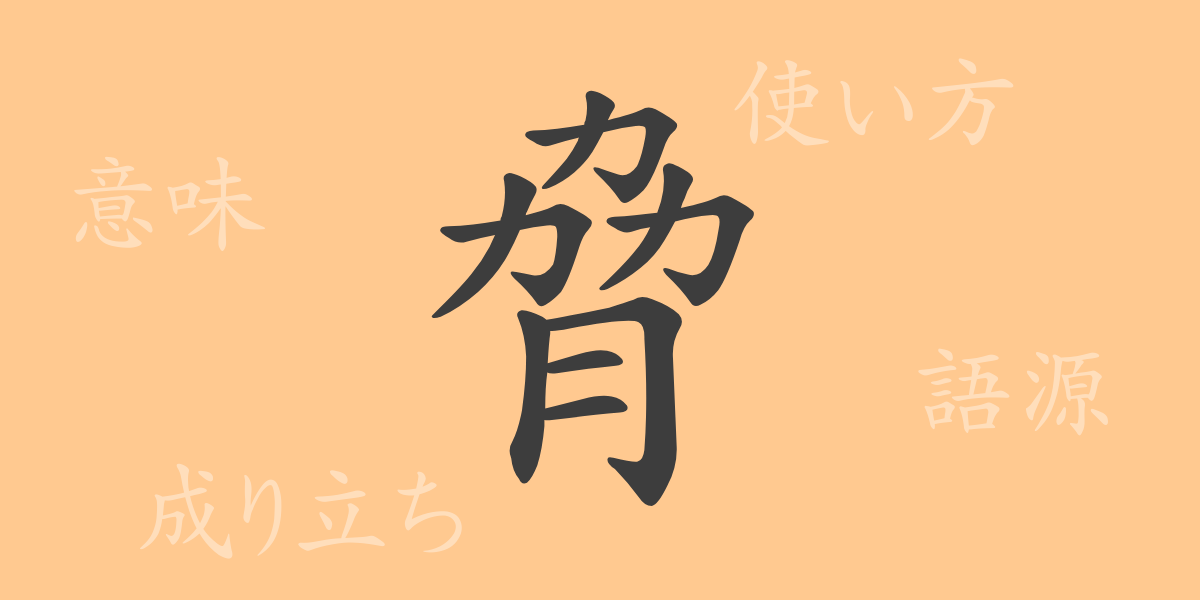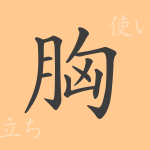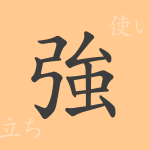The power of a single kanji character lies in its shape, history, and the contexts in which it is used. The commonly used Japanese kanji “脅(きょう)” is no exception. This character is utilized in various forms across daily life, business scenes, and even literature. In this article, we will delve deep into the world of “脅(きょう),” exploring its origins, meanings, usages, and its role in the Japanese language.
Origin of 脅(きょう)
The kanji “脅(きょう)” is derived from ancient Chinese characters and consists of two parts: “肉(にく),” representing the body, and “嚇(かく),” depicting the act of shouting with a wide-open mouth. Together, they convey the meaning of “intimidating with one’s body.” Over time, this character was adopted into Japanese, where it came to signify the act of “threatening.”
Meanings and Usage of 脅(きょう)
The kanji “脅(きょう)” means “to threaten” or “to intimidate,” referring to actions that instill fear or anxiety in others. It is often used in negative contexts, particularly related to crime and violence. However, it can also be used metaphorically to describe psychological impacts or situations where someone feels threatened.
Reading, Stroke Count, and Radical of 脅(きょう)
How is the kanji “脅(きょう)” read and structured in Japanese?
- Readings: The on’yomi (Chinese reading) is “キョウ(きょう),” and the kun’yomi (Japanese reading) is “おびやかす(おびやかす)” and “おどす(おどす).”
- Stroke Count: “脅(きょう)” has a total of 15 strokes.
- Radical: The radical is “肉(にく),” meaning “flesh,” but it can also be categorized under “月(つきへん).”
Idiomatic Expressions and Proverbs Using 脅(きょう)
The meanings of “脅(きょう)” are strongly reflected in the idiomatic expressions and proverbs that include this kanji. Here are some examples:
- 脅迫(きょうはく): Threatening or intimidating someone to cause harm or fear.
- 脅威(きょうい): A powerful force or influence that instills fear.
- 脅す(おどす): To pressure someone with intimidating words or actions.
- 脅かす(おびやかす): To jeopardize safety or peace through threatening actions.
These expressions are widely used in everyday conversations, news reports, and literary works.
Conclusion on 脅(きょう)
The kanji “脅(きょう),” as its shape and origin suggest, carries a negative connotation of pressure and fear. However, the idioms and expressions that include this character showcase the richness of Japanese language expression and are used in various contexts. Understanding the meanings embedded in each kanji character is crucial for a deep comprehension of Japanese. We hope this exploration has provided you with valuable insights into the multifaceted nature of “脅(きょう).”

























